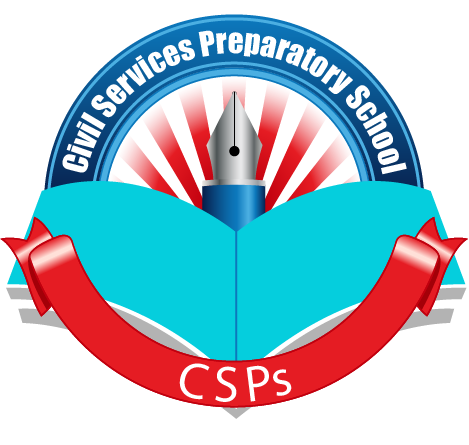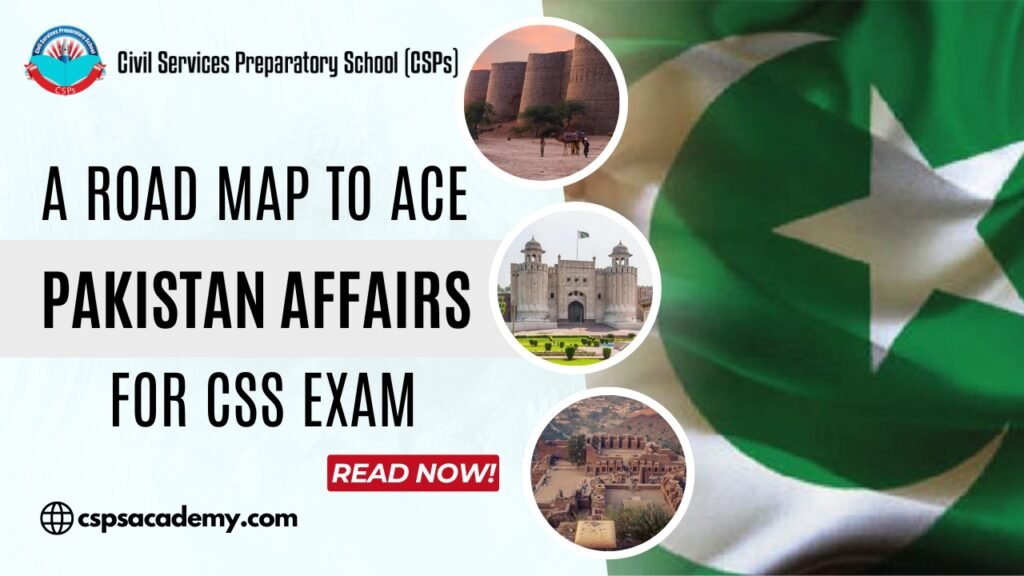Breaking Down Pakistan Affairs: Three Key Categories
- Pre-inception of Pakistan: Historical and Political Developments
This section contains the pre-inception of Pakistan and her historical and political developments from the lens of the British pattern of administrative system in the subcontinent and demography of India.
- Post-Partition: Constitutional development and early problems:
The second category is the partition of the subcontinent i.e. encryption of Pakistan particularly its early problems and long history of constitution-making based on musical change games between civilian-military administrations.
- Contemporary Pakistan: National and International Affairs:
The third and most vibrant dominion is Pakistan as a new nation:
- Domestic Affairs: Its domestic (socio-political, economic, ethnic trade and climate) developments and issues;
- Foreign Policy: Pakistan’s Foreign policy, reactions with neighbours preliminary focusing on Pak-China in the context of CPEC, Pak India concerning hydro politics, and Pak-Afghan special focus on the porous border and insurgency and Pak-Iran was given changing dynamics of the volatile Middle East.
- Global Influence: Last but not least world developments centric on world powers impacting directly or indirectly Pakistan’s socio-economic and political fabric.
Key sources for preparation:
As FPSC has already recommended an exhaustive list but to help aspirants for all the above-defined themes following books are to be consulted:
- Pre-partition: for the pre-partition era “The Making of Pakistan by k.k. Aziz.”
- Constitutional and Political History: For a detailed and insightful read on constitutional developments, second to none is “Constitutional and political history by Hamid Khan”.
- Contemporary Developments: Regarding the chequered history and active issues, the book is “Pakistan at the Crossroads by Christophe Jaffrelot”.
- Furthermore, all the current development research papers published by think tanks (IPRI, Margalla papers, NIMA, and PIDE) are to be consulted. The Op-ed of the newspaper (Dawn and E- E-tribune) must be an aspirant habit.
Paper Attempting techniques:
The third and most important aspect of the paper attempting technique which is the smart technique:
- Maps and Graphs: Incorporate maps and graphs which are the attention catchers of this paper. Practice sketching the map of Pakistan.
- Structure: Always make a comprehensive outline of ‘Question’ in your answer after locating the words of command and key areas.
- Expert Opinion: Get your work evaluated and enrich your answer by quoting the authorities like “Ishrat Hussain on Civil Service Reforms”, and “ Mehboob ul Haq on Economic Voice”.
Always hit the bull’s eye.

